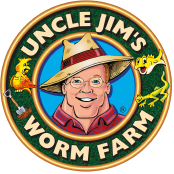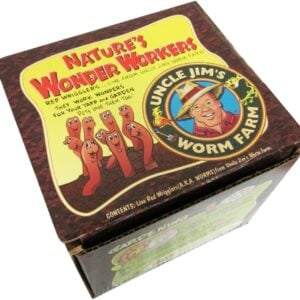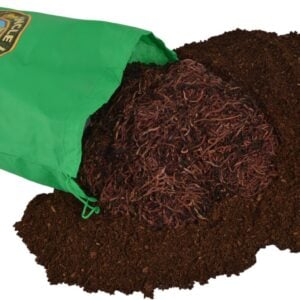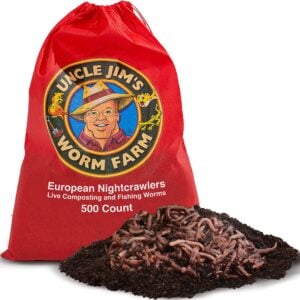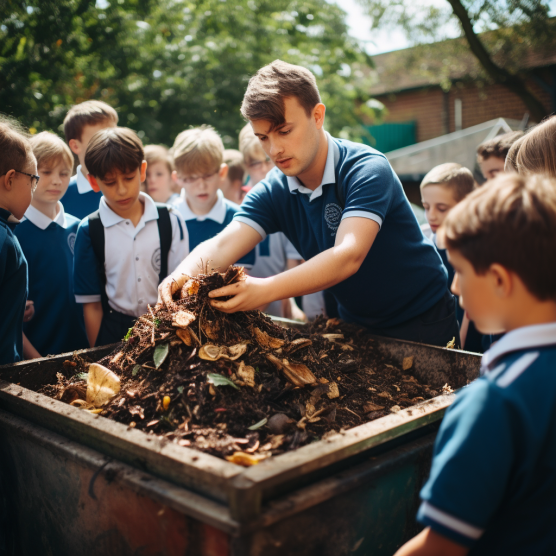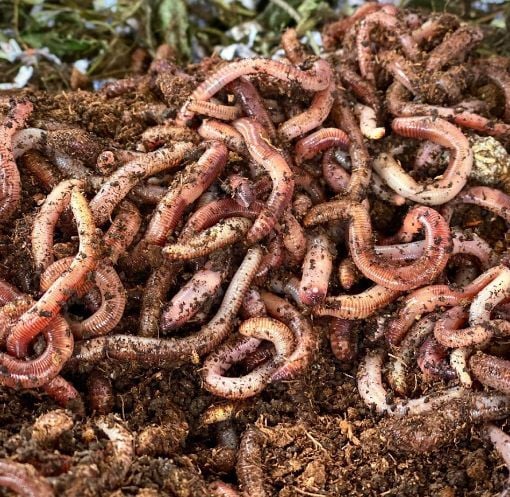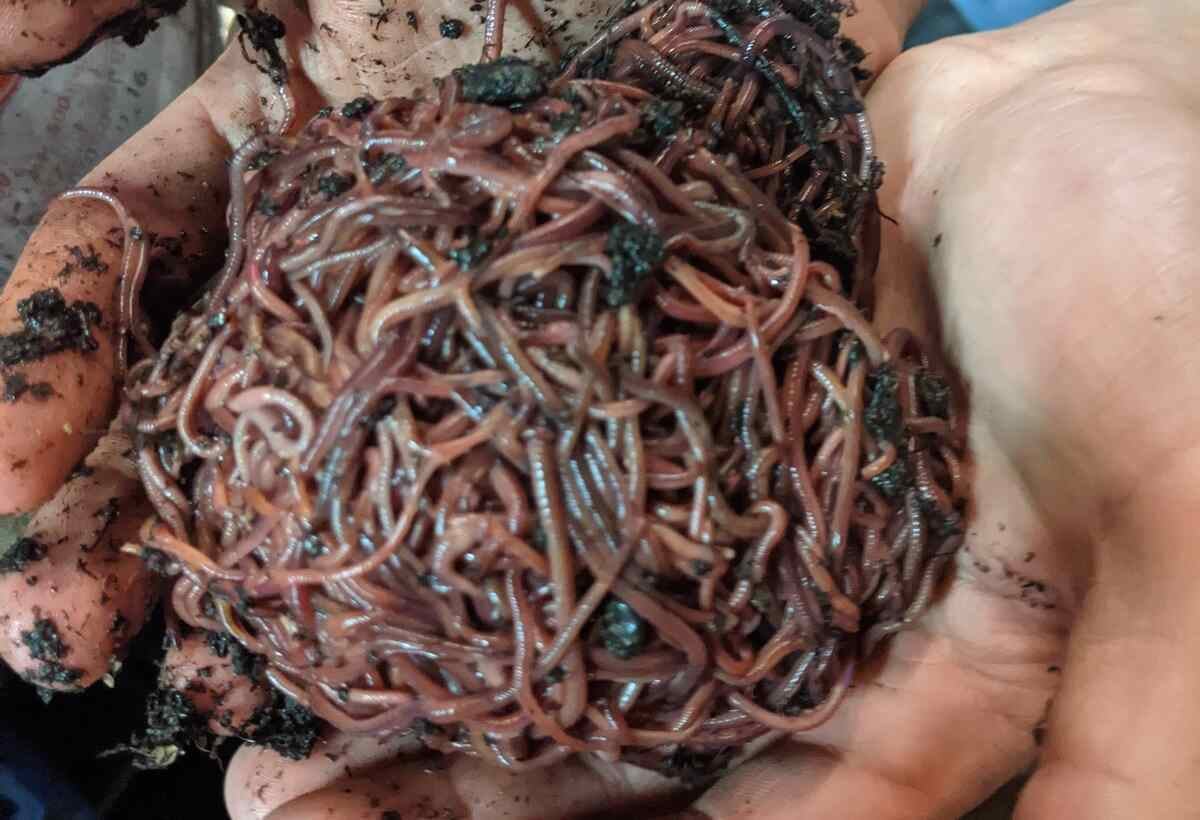 There are a lot of organic and raw materials from your yard (if you happen to have one) and from your home (from regular household wastes) that can still be reused by means of composting. Making compost might look complicated for some but the only thing that you’ll need to get this process going smoothly is to provide the right elements for it. Nature itself will help continue the process for you. So read more to know how to efficiently produce compost.
There are a lot of organic and raw materials from your yard (if you happen to have one) and from your home (from regular household wastes) that can still be reused by means of composting. Making compost might look complicated for some but the only thing that you’ll need to get this process going smoothly is to provide the right elements for it. Nature itself will help continue the process for you. So read more to know how to efficiently produce compost.
You should also know that there are three common types of composting, and these are vermicomposting, aerobic and anaerobic . All three have their differences when it comes to content and timeframe; but all of these produce have the same results, and that’s to create a rich, crumbly, and earth-smelling finished product (made out of recycled kitchen scraps and garden wastes) that can help supplement your plants and soil.
Now, aerobic composting may work well when done in a compost pile or compost heap. Other than that, raw compost materials can also be placed inside compost bins. Anyway, aerobic composting requires oxygen for it to be able to transform organic scraps into a valuable source of garden supplement. The microbes in this system metabolize real fast so compost finishes quickly as well. Anaerobic composting on the other hand is actually the other extreme. It doesn’t require any oxygen, and is very slow to compost (can take years to finish composting). It also gives off a really foul smell.
Now worm composting also requires oxygen, especially when the use of composting worms are involved in this process. There are many types of composting bins that you can use for this method. You’ll just have to know the capacity of materials that you’ll want your worms to consume on.
When choosing either of these three methods, you’ll still need to know what you can compost, right? So to start-off with your composting 101 basics, you’ll have to know the following:
- If you want to do some garden compost, make sure to use nothing but the organics (food scraps from the kitchen and wastes from the garden). But stay away from other materials like dairy, meat, and poultry, that may cause odor build-up and pest visits later on (you can also include the ones that are also oily, spicy, salty, and citrusy).
- To get great results out of your compost, make sure to give it some balance, especially when it comes to the ‘greens’ and ‘browns’ organic materials.
- Also make sure to cut, chop, or shred your compost materials into smaller pieces, as not to add bulk inside your compost bin (if you decide to use one).
- To create faster compost, you’ll have to give it a regular turning and mixing (for aerobic). But as for vermicomposting, you’ll have to keep your worm bin regularly maintained, so that your compost pals may be able to produce nutrient-rich castings for you quickly.
- Don’t use too much water on your compost materials, as this may spoil it. Keeping it damp and not soaking wet is the right way to go. And after you’ve harvested your finished compost, then you can proceed to making some liquid fertilizer in the form of compost tea.
- Compost requires oxygen thus aeration is an essential to this process as well.
Making compost is certainly a good thing, especially if you’re reusing organic scraps that you thought you no longer had use for. The compost that you make after every process is a supplement that you can provide your plants and soil later on.
Uncle Jim’s recommends the Outdoor Composters
If you’re looking for ways to make compost at your own convenience, and get to practice some recycling all at the same time, then we might just have the thing/s that you’re looking for! Choose from our assortment of outdoor composters, and see great results in just a matter of time! Get to produce organic fertilizer at no extra cost, so order your composter selection today!
To know more about the product, check the Outdoor Composters here.
